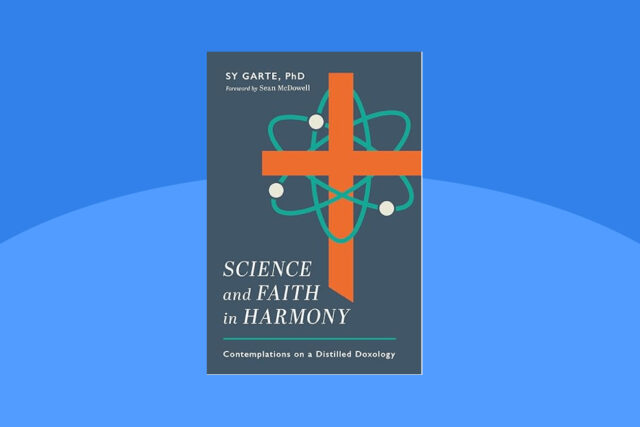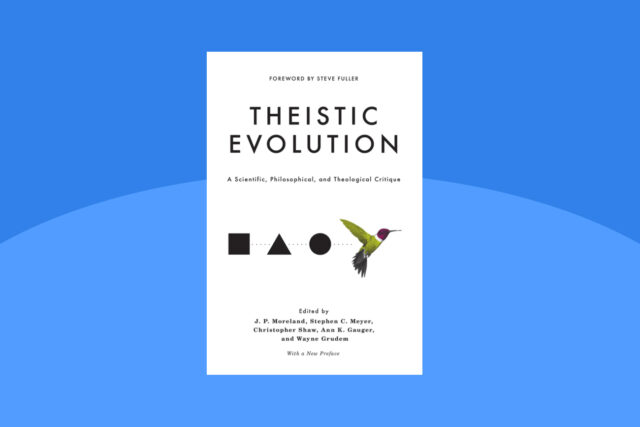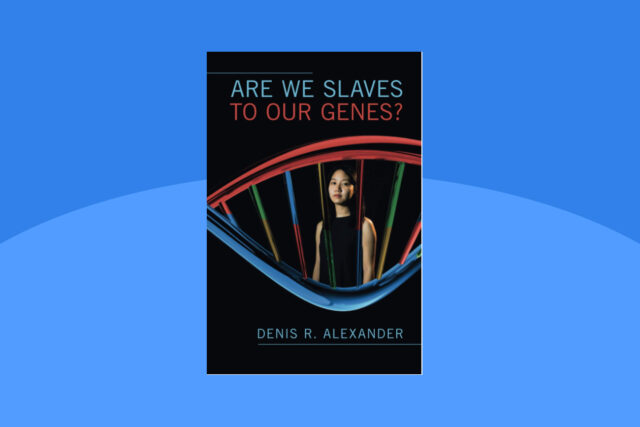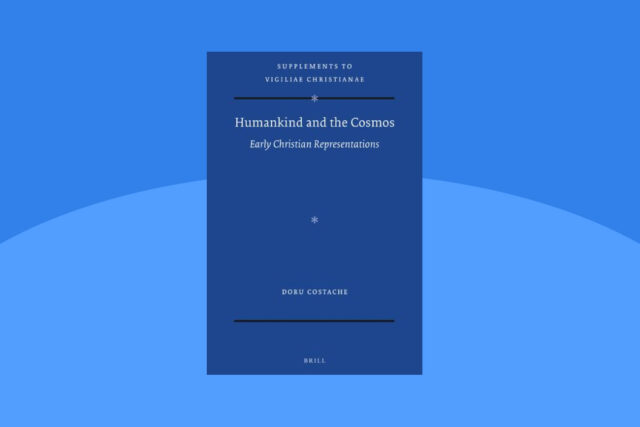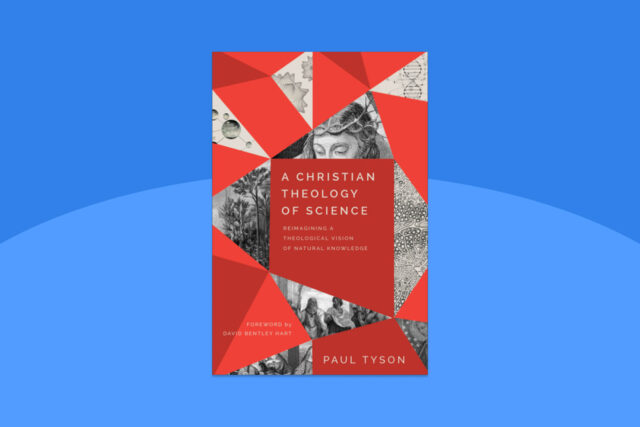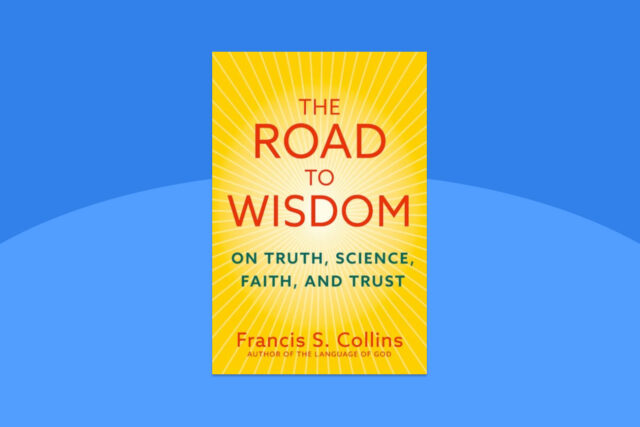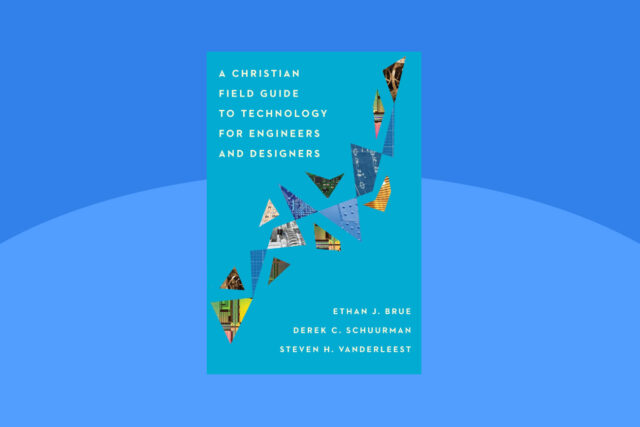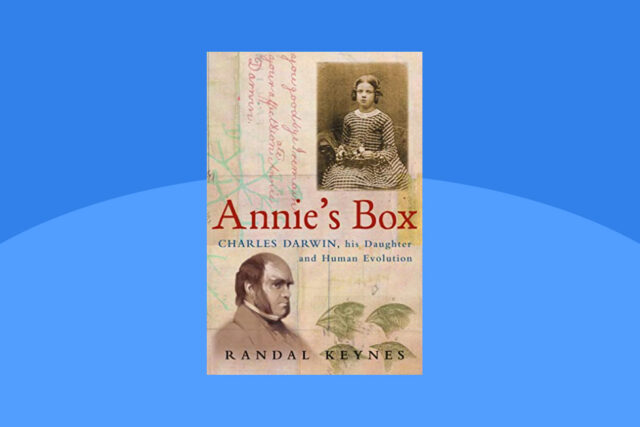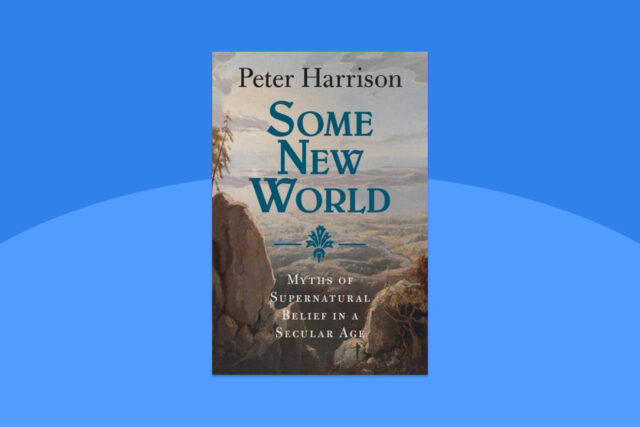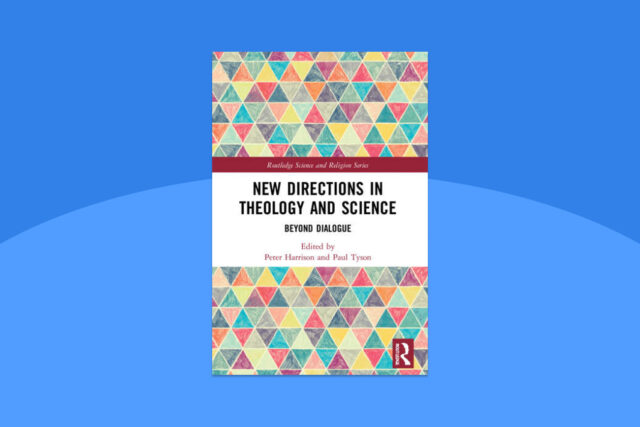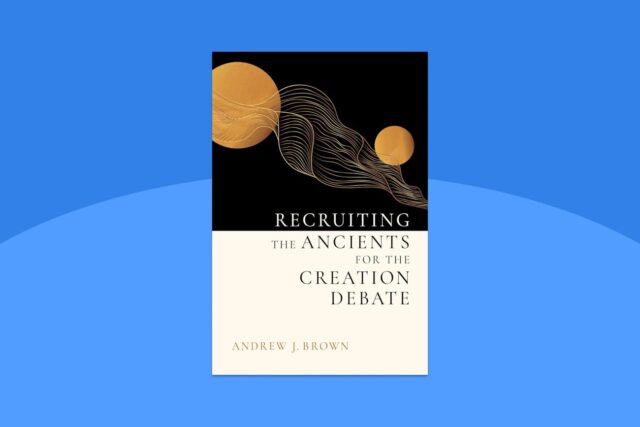
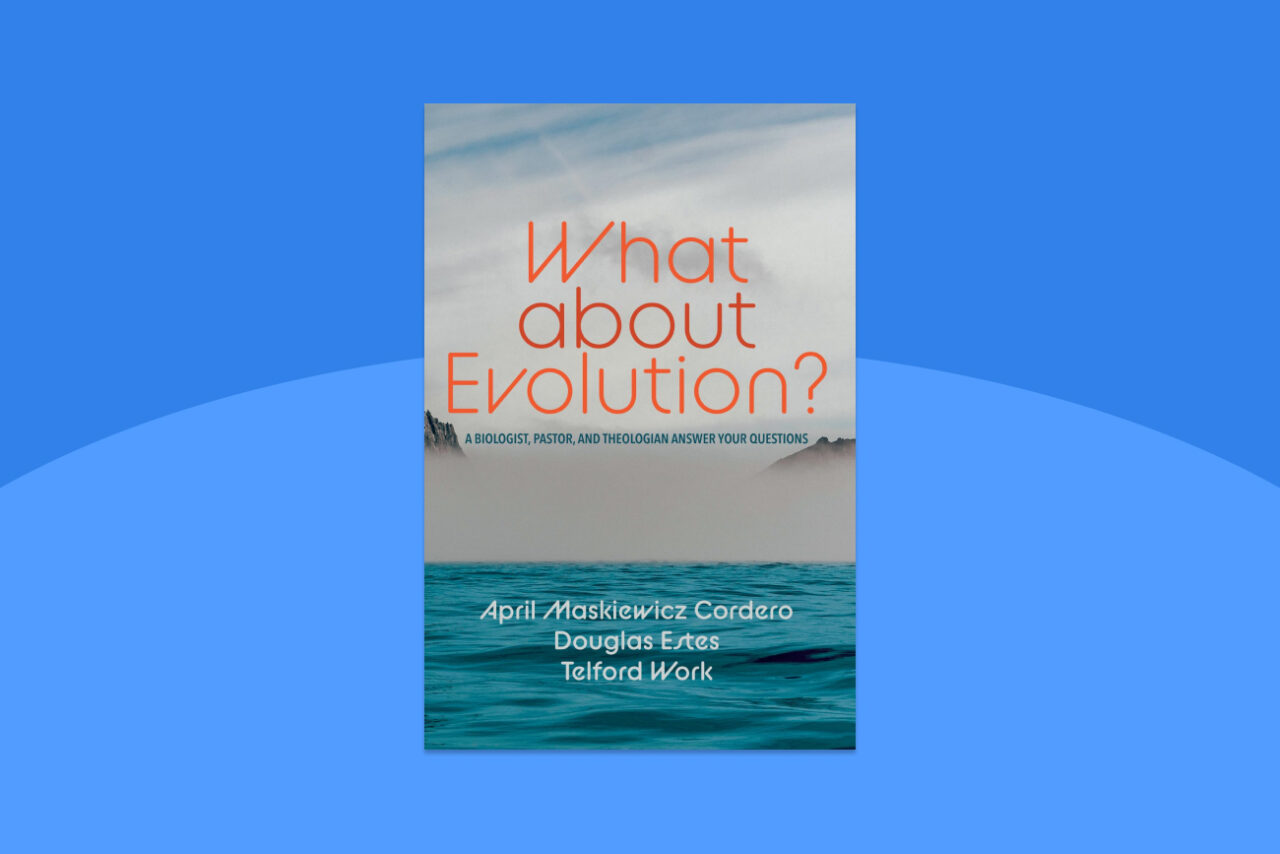
This book explores the intersection of Christianity and evolutionary biology through the perspectives of a biologist, pastor, and theologian. It tackles common misconceptions, clarifies the compatibility of faith and science, and emphasises the relational nature of God over literal interpretations of creation, offering valuable insights for non-academic readers. Read the review by Malcolm Buchanan.
What about Evolution?: A Biologist, Pastor and Theologian Answer Your Questions
by April Maskiewicz Cordero, Douglas Estes, and Telford Work
Eugene, Oregon: Cascade Books, 2022; 130 pages
ISBN 9781666712940, first edition, paperback
AUD$37
Combining the insights of a biologist, pastor, and theologian as authors is a clever approach to addressing the complex and controversial topic of evolution and biblical faith. All three authors are evangelical Christians, each coming from a different church background. April M. Cordero, a Professor of Biology and Dean of Educational Effectiveness at Point Loma Nazarene University (San Diego, USA), also serves as the vice-chair on the Board of Directors for BioLogos. Douglas Estes, a pastor turned biblical scholar, is an Associate Professor of Biblical Studies and Practical Theology at Tabor College (Hillsboro, USA). Before becoming a professor, he pastored for sixteen years and is a fellow at the Centre for Pastor Theologians. Telford Work, the theologian, is a Professor of Theology at Westmont College (Santa Barbara, USA).
The authors have written this book for non-academics exploring the intersection of Christianity and evolutionary biology. The book has an introduction, three chapters, and a useful bibliography. In the introduction the authors share their own challenging journeys of negotiating evolution and faith, demonstrating how varied these experiences can be. Each author dedicates a chapter to addressing a set of thought-provoking questions, distinct from those of the other authors, and answers them from their own disciplinary standpoints. The rationale behind selecting these particular questions is absent and would have supplied a beneficial context. A unique feature of these chapters is the inclusion of footnotes by the other two authors. These footnotes often reflect differing viewpoints, mirroring the diversity of opinions found in Christian fellowship across various aspects of life and learning, including evolution. In the first chapter, Cordero delves into the fundamentals of biological evolution. Estes, in the second chapter, addresses the general and spiritual concerns that often arise when individuals begin to explore the relationship between faith and evolution. In the third chapter, Work tackles questions at the intersection of theology and biology, particularly where tensions between the two disciplines emerge. To whet the appetite here is one of the questions from each author: Is evolution testable? (Cordero); I was taught that evolution is false. Why should I learn about it? (Estes); How can God and creation both be good if a lot of bad human behaviours are evolved rather than sinful? (Work).
Before examining the main content, the authors collectively emphasise in the introduction: “We believe that if humans evolved from other species, there is still room for the God of Israel to be our Creator, for Jesus of Nazareth to be creation’s risen Lord, Messiah, and Saviour, for the Bible to be trustworthy and true, and for you and those you care about to be divinely loved and sealed for an eternal future in God’s kingdom” (pp. xx-xxi).
In Cordero’s chapter, I valued her approach to tackle common misconceptions. She clarifies that evolution does not explain the origin of the universe or the inception of life on Earth. Instead, evolution is defined as a scientific theory detailing the mechanisms behind the diversity of life on Earth after life has already originated. The misconception among some Christians that scientists are divided on whether all life shares a common ancestor is dispelled with a Pew Research Centre statistic showing that 98% of professional scientists agree that all life on Earth, including humans, shares a common ancestor. Additionally, it is stressed that humans did not evolve from apes, chimpanzees, or any living primates; rather, evolution suggests that we share a common ancestor with them. In addition to addressing misconceptions, the argument for evolution is well-supported by emphasising that the fundamental science behind the theory of biological evolution is interconnected with other scientific discoveries (p. 28). A clear example is provided through the framework of nuclear chemistry, which is applied in medicine for radioisotope imaging and radioiodine therapy, as well as in radiometric dating of fossils and the age of the Earth. Accepting the former applications while rejecting the latter, both based on the same science, would be inconsistent.
Estes highlights the difference between a correct scientific understanding of science and evolution and warns against the erroneous popular culture interpretations, known as scientism and evolutionism. He cautions against using science to draw inappropriate philosophical and theological conclusions. Regarding the Bible, he distinguishes between its “perfect, infallible word” and “imperfect, fallible interpretations,” noting that not all interpretations are equally sound (p. 59).
Improving biblical interpretation skills benefits Christian growth. Telford Work underlines the importance of understanding the historical background and literary genres of the books of the Bible, considering foreign literary conventions, cultural assumptions, and lifestyles. Regarding the Genesis creation accounts, Estes notes that although we may never be certain of the exact intentions of the biblical author, we can be confident that a simple, literal, one-dimensional reading is not what the author intended. Furthermore, the mechanisms of creation are not what the Scriptures are intending to teach.
In the end, biblical interpretive skills are not of primary importance. Work emphasizes that “The Bible consistently shows us a relational God who is far more interested in our relationship than tutoring us in the mechanics of creation” (p. 74). Estes notes that God’s ability and willingness to save us does not depend on the accuracy of our knowledge of the natural world. Many people in the world face physiological and educational constraints. Additionally, even the smartest individuals have limitations in their reasoning abilities and knowledge retention. However, improving scientific knowledge leads to a better understanding of the world that God made, and by extension, a richer understanding of the Bible. Just as important, improving scientific knowledge opens doors for us to share the gospel with greater ability to a wider audience.
Work’s questioning of the idea that Eden was “perfect” offers a valuable insight. Rather than viewing the story as one of “perfection” and “sin,” a more comprehensive narrative is proposed: one of “goodness, newness, oldness,” and “sin” (p. 83). This perspective accommodates evolved traits that may not be “perfect” but still align with the Hebrew word translated as “good” (p. 84). Thus, it is suggested that creation was a work in progress even before sin arrived. Furthermore, regarding the creation of humankind, Work posits that “God has graciously granted some of his creatures a certain appointment meant to culminate in our adoption as “sons” or heirs in Christ … and partake in the divine nature (2 Peter 1:4)” (p. 89). Cordero affirms this in the footnotes: “appointed as beloved representatives instead of being instantaneously created from dust.”
This engaging and accessible book is highly recommended for anyone keen on exploring the intersection of Christianity and evolutionary biology.
